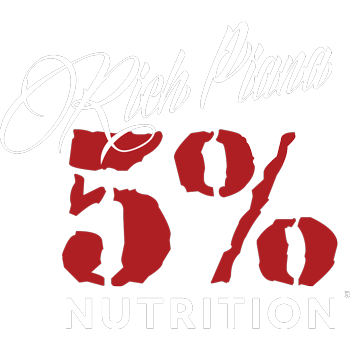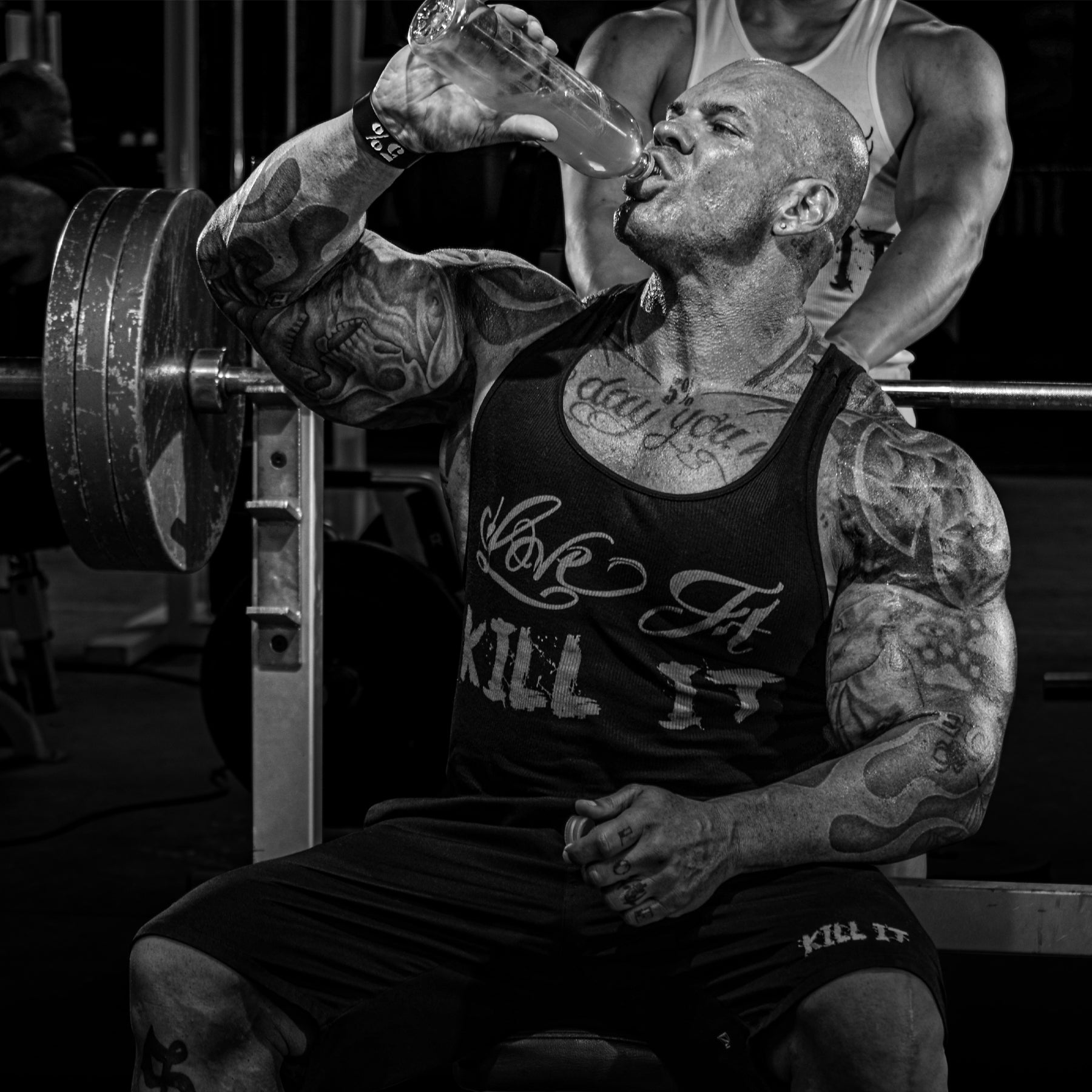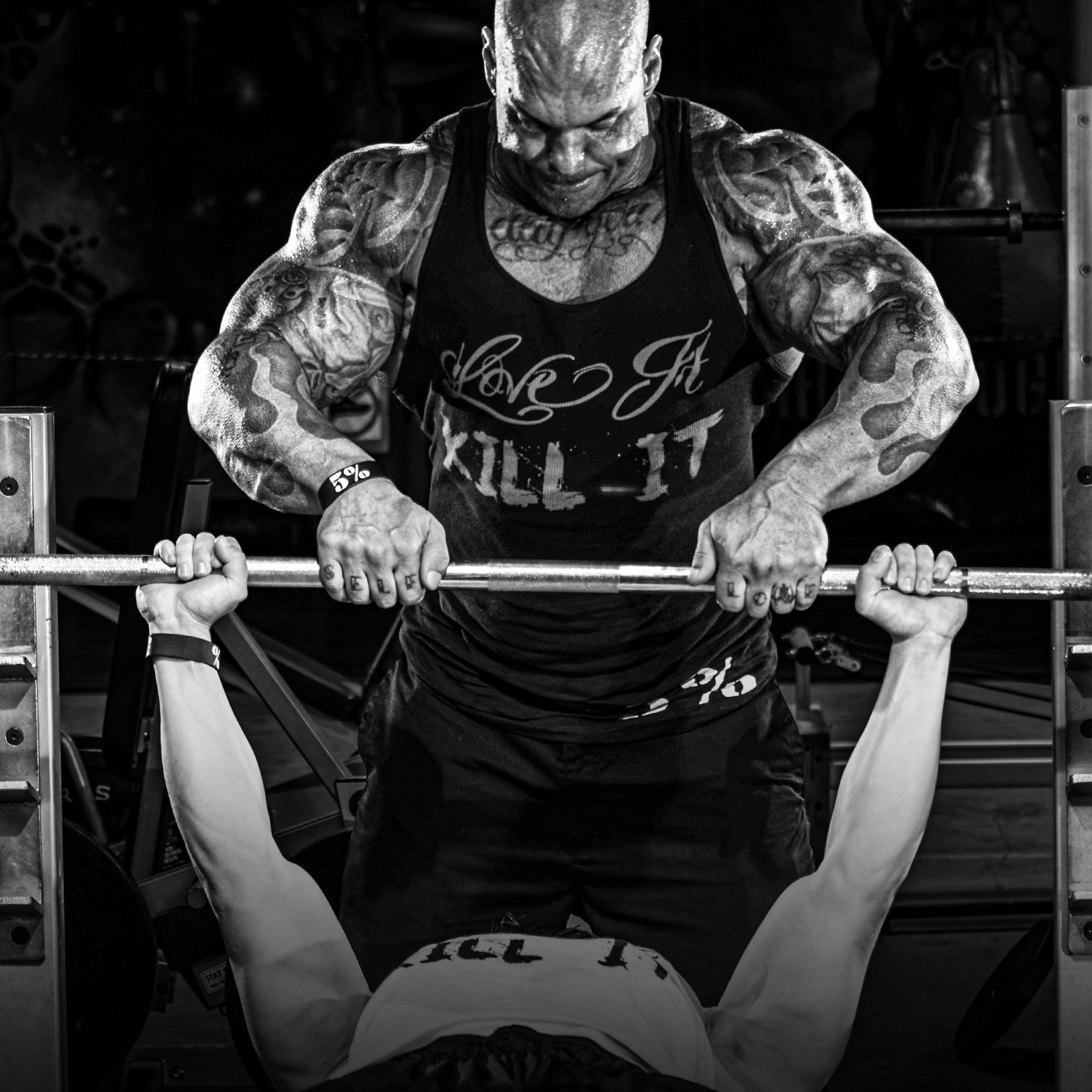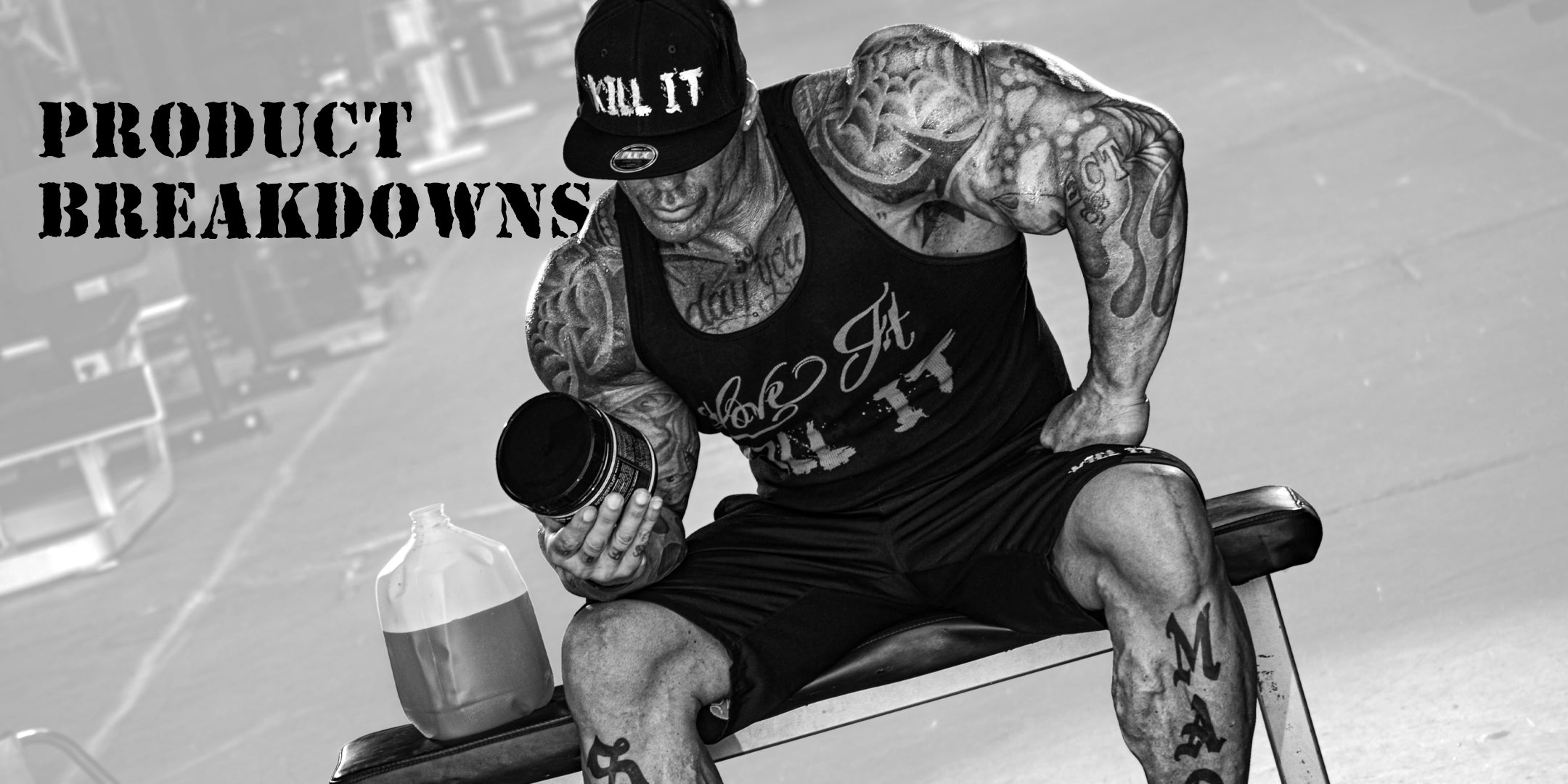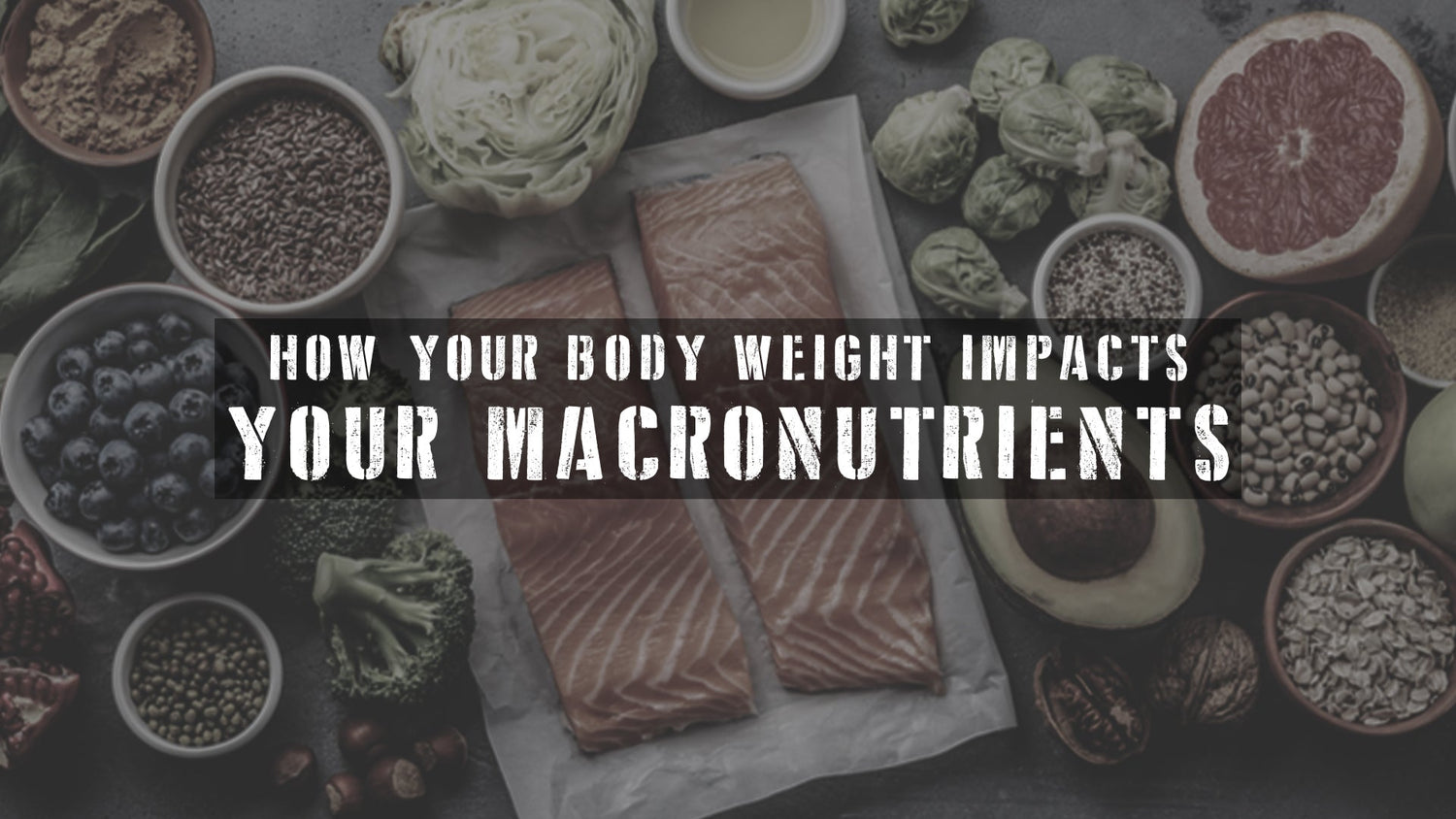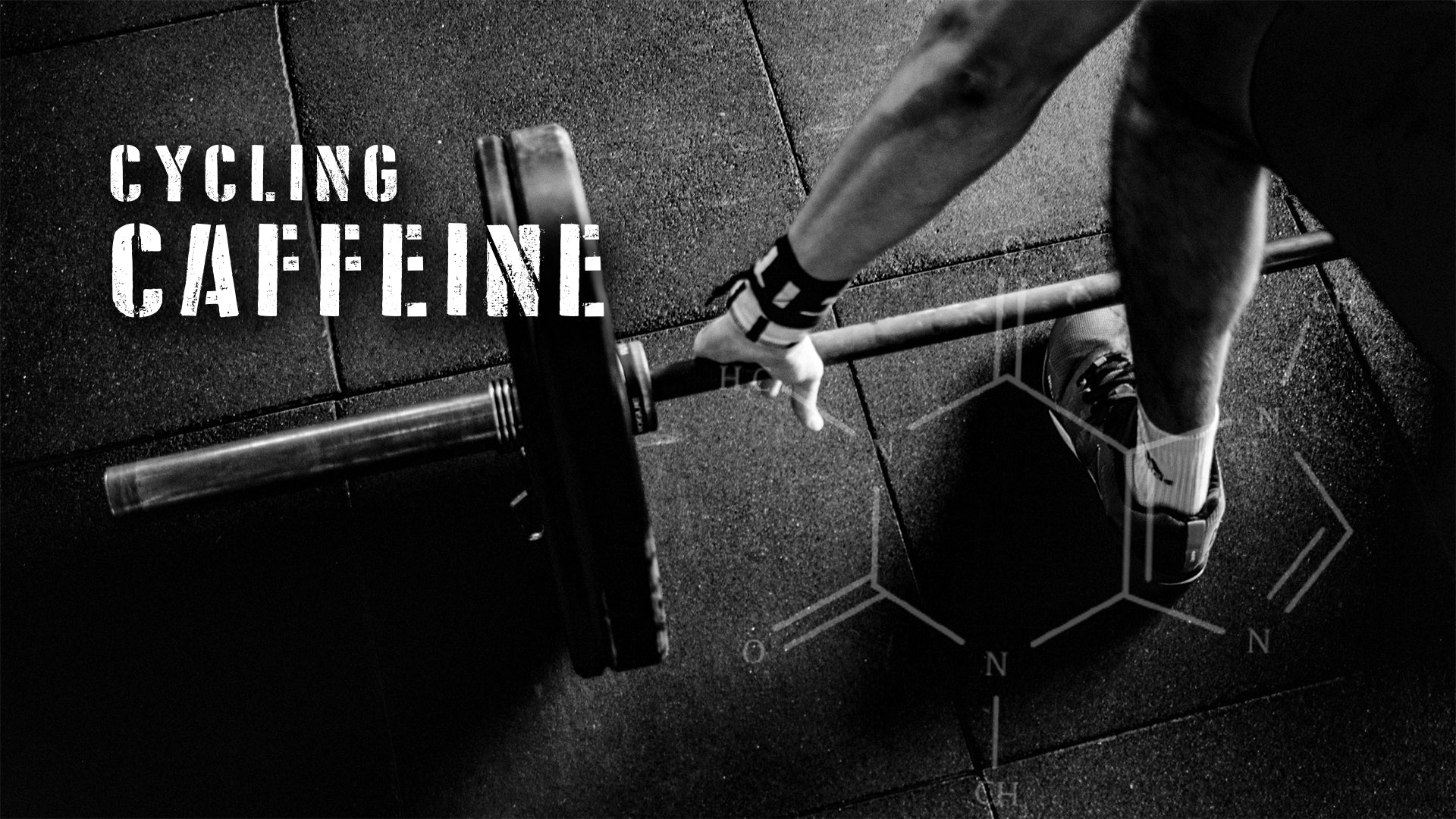From protein to carbohydrates and fats (macronutrients), eating enough quality food is essential. Rich was a big believer in this, which is why he advocated eating real food first, and lots of it. How much and the ratio of macronutrients required by individuals depends on several factors. Your body weight plays a major role in this equation. In this article, we will look at How Your Body Weight Impacts Your Macronutrient Profile.
Your Current Body Weight And Your Goals Determine Your Macronutrient Profile
You know that where you want to be in terms of your physique goals is heavily determined by your nutrition. For the fastest progress, you have to have your macronutrient proportions exactly right. Your macronutrient profile is determined by your goals, your adherence to those goals, your age, and your lifestyle. For example, an endurance athlete will have dramatically different macro goals than a bodybuilder.
Where your body weight and body composition are right now will play a large part in this as well. If you’re on a fat loss cycle but don’t have much left to lose, you will have a more “relaxed” macro profile compared to the person who still has a lot to lose. If more mass is your goal, you can eat more freely, within the limits of your metabolism. If you exceed those limits, you risk gaining unwanted body fat. The key to your macro profile is to meet your requirements every day and to make adjustments as needed. You have to be conscious of how your body is reacting to your ratio of macronutrients.
Whatever It Takes!
The problem is many lifters approach their macro profiles a little too loosely. They think in terms of general guidelines, rather than fine-tuning to get better results. Rich gave us some great examples of this kind of thing. He preached eating 6-8 meals a day, at least. Yet he often told stories of lifters coming up with reasons why they couldn’t instead of how they could.
The point is, if you want to excel; you need to pay attention to the details and be willing to do whatever it takes. In this case, that means adjusting your macronutrient ratios precisely to your body weight, making caloric adjustments up or down, and then consistently meeting those ratios every day. If that means 8 meals a day, then you will have to make it work. Make a few of those liquid meals, and you’ll make it much more attainable.
What Are The Effects Of Overeating By Macronutrient Type?
Different types of macronutrients have different effects, and your macronutrient profile should be adjusted accordingly. For example, eating too many carbohydrates consistently will lead to body fat gain. Yes, it’s true you need a calorie surplus if more mass is your goal. Yet if you are gaining too much fat from eating too many carbs, focus on protein.
Studies suggest that even if you overeat protein, it will have a far less detrimental effect on your body composition compared to overeating carbs or fats. In other words, if you have to meet a caloric surplus, add primarily protein calories while keeping carbs and fats under control. Also, if fat loss is your goal, never reduce your protein intake, always work with carbs and fats.(1)
Adjust Your Macros To Fit Your Goals
As suggested, protein is the most important macronutrient. Therefore, your daily intake should be 1g per lb of body weight regardless of your goals. From there, as noted, your carb intake depends on your goals. Regardless of what your carbohydrate intake is, take in 50% of those carbs in the hours around your workout. (For more information about working out your macronutrient ratio, see Fall/Winter Mass Gaining Plan for mass gaining macronutrient guidelines. For fat loss, see the 6-Week Training Program For The New Year).
The 5% Supplements That Can Help
Of course, 5% innovation means there are 5% Nutrition supplements that can help you meet your macronutrient goals. For example, Freak Show will help you make the most of your carbohydrates. Since protein is your primary macronutrient, Shake Time can help you meet your daily requirements. As noted, carbohydrates are important, especially in the hours before and after your workout. This is one area where 5% Nutrition really shines. That’s because we give you several good options for your post-workout shake. Of course, Rich was a big believer in this, and he would drink his immediately after his workout. You’re already using Shake Time. You can mix it with Real Carbs or Real Carbs Rice. Or, you can use Real Carbs + Protein. Finally, to make the most of your meals, add Digestive Defender to your arsenal. This ensures optimal digestion and utilization of your calories and nutrients.
Recap
In this article, we’ve seen how your body weight impacts your macronutrient profile. It’s not just your weight, it’s your current body composition. That’s what dictates your goals and how you should set up your macronutrient ratios. We also saw that protein is the only macronutrient you should keep consistently high no matter what. Carbs and fats are where you make your adjustments. Finally, 5% Nutrition has a lot of great products to help you achieve your daily macronutrient totals. Stop by today and stock up!
References:
- Leaf, A., & Antonio, J. (2017). The Effects of Overfeeding on Body Composition: The Role of Macronutrient Composition - A Narrative Review. International journal of exercise science, 10(8), 1275–1296.
